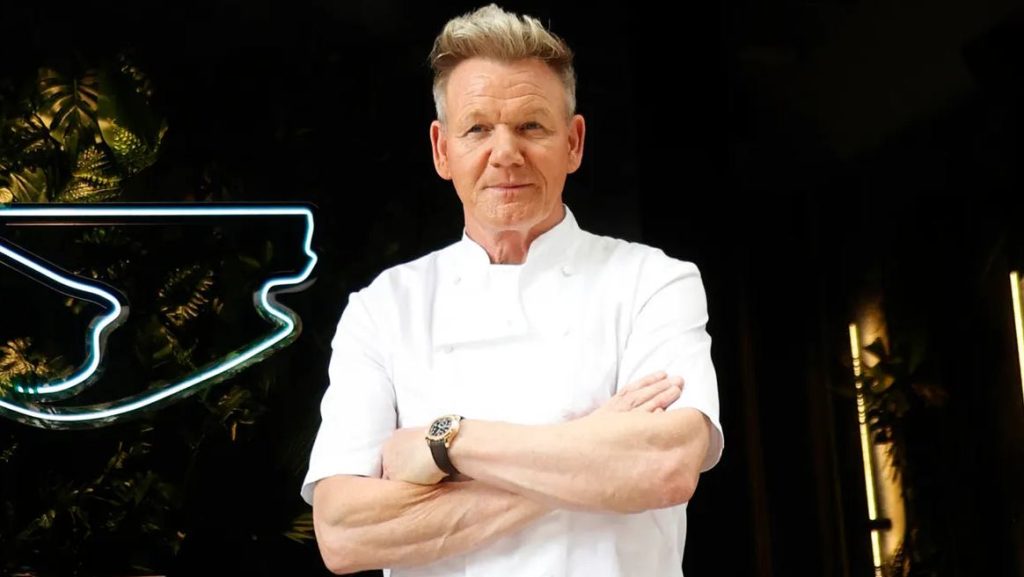Celebrity chef Gordon Ramsay has fired a warning shot across the bow of the restaurant industry: he will not be shifting his menus to accommodate diners who use the weight-loss medications like Mounjaro or Ozempic. In a recent interview, he dismissed proposals for smaller‐portion, “drug-friendly” tasting menus as “absolute bullshit” and refused to bow to what he described as the latest trend. He contends that the root problem lies with overeating, not dining environments adapting to pharmaceutical appetite-suppressants.
A Trend in Flux: Dining in the Era of Appetite Drugs
With the popularity of GLP-1 and GIP/GLP-1 combination medications rising across the UK and US, restaurants are facing new realities. These drugs reduce appetite, slow digestion and can leave users feeling full much sooner than traditional meals. Some establishments have responded by offering smaller dish sizes, shorter menus or tailored dining experiences for “skinny-jab” users. But Ramsay is having none of it. He rejects the idea of creating a separate “Ozempic tasting menu” and insists that his menus will remain anchored in the full dining experience he believes his patrons deserve.

Gordon Ramsay’s Tell-It-Like-It-Is Moment
In his usually direct manner, Ramsay told interviewers: “There’s no f-ing way we’re giving in to the Mounjaro jab … The problem is with them [the diners] for eating too much in the first f-ing place!” He added, “There’s no way we’re coming in with an Ozempic tasting menu to make you feel like less of a fat f— by 10:30 in the evening.” His language may be raw, but the message is clear: his vision of dining is unaffected by these weight-loss drug trends.
The Controversy Behind the Words
Ramsay’s remarks come at a time when high-end restaurants are witnessing a shift in guest behaviour. Some chefs believe that as fewer people feel hunger in the conventional way, the hospitality industry may need to adapt portion sizes, pacing and dish design. One well-known chef introduced a “mindful” tasting menu with significantly smaller portions for diners whose appetites had radically changed after starting similar medications. Ramsay, however, believes that adjusting menus to match pharmaceuticals undermines the dining experience and places emphasis on the drugs rather than the food.
What This Means for Diners and Restaurants
For diners, Ramsay’s stance signals that they should not expect restaurants to customise menus based on individual medication regimes or appetite suppression. He is essentially asserting that patrons remain responsible for their own dining choices rather than expecting a menu designed around appetite reduction. For restaurateurs, the episode raises important questions: how far should culinary offerings evolve in response to changing guest physiology? Should menus adapt to appetite-altering drugs, or maintain a consistent standard regardless of what their diners are taking?

Final Takeaway: Dining vs. Drugs
In summary, Gordon Ramsay is drawing a clear line: the rise of weight-loss drugs like Mounjaro and Ozempic won’t alter his restaurant’s menus. He views tailored smaller-portion trends as capitulations to pharma rather than genuine culinary evolution. Whether you agree with his blunt message or not, it forces a broader conversation about where responsibility lies — with the diner, the drug manufacturer, or the restaurant. As dining culture continues to evolve in an era of appetite-altering medicine, Ramsay is standing his ground: food should speak for itself, not be reshaped to serve an altered appetite.

















